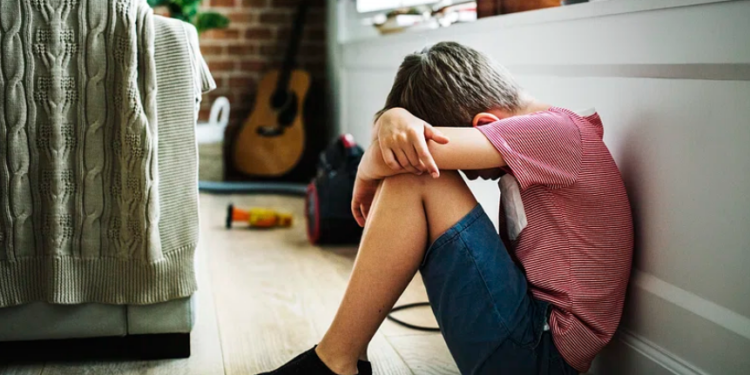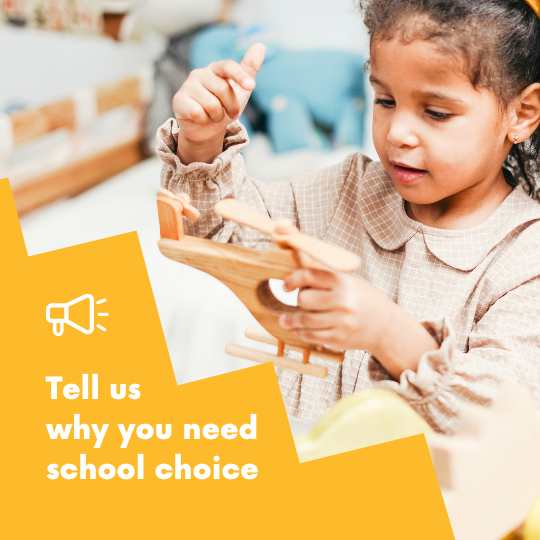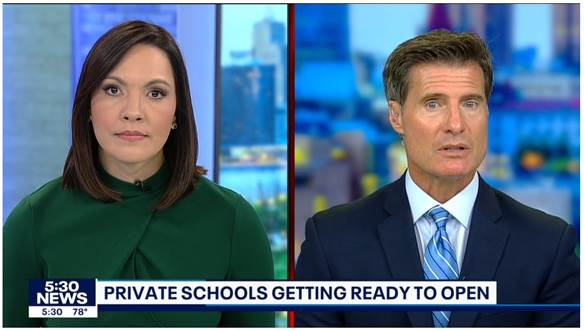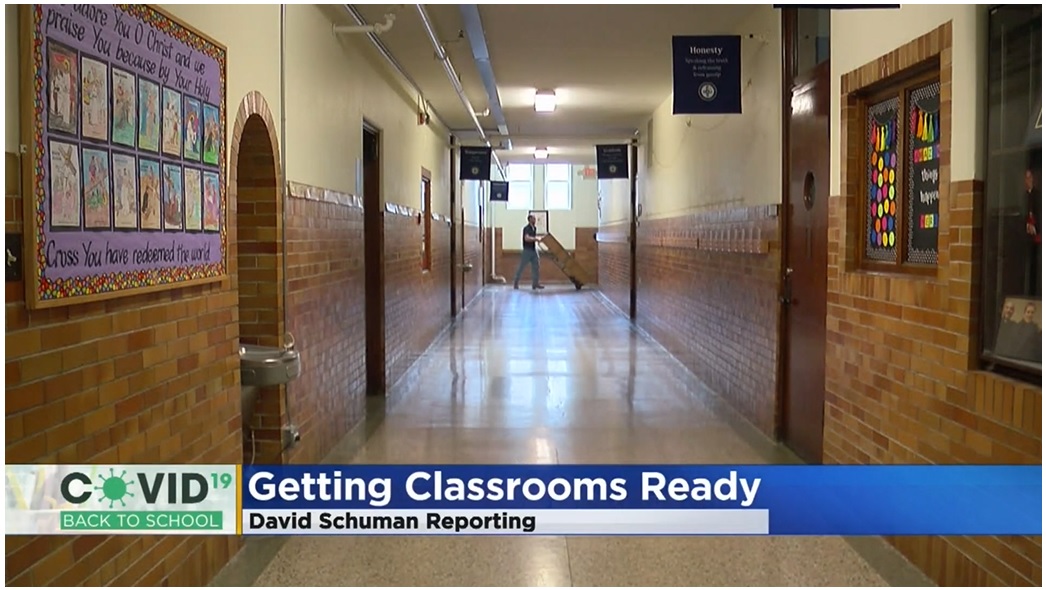“I hated going to school when I was a kid,” said Elon Musk in a 2015 interview. “It was torture.”
When deciding how his own children would be educated, Musk rejected traditional schooling and created his own project-based microschool, Ad Astra, in 2014, on his SpaceX campus. “The kids really love going to school,” said Musk about Ad Astra in that same interview, adding that “they actually think vacations are too long as they want to go back to school.” In 2020, Ad Astra evolved into the fully online school, Astra Nova, and its popular math enrichment spin-off, Synthesis.
You don’t need to be a billionaire to find—or create—an ideal school for your kids. If they’re not happy at school, there’s never been a better time to exit for something else.
Today, there are many low-cost schools and learning spaces across the US that foster joyful learning—and they are becoming increasingly accessible due to widespread education choice policies that enable taxpayer funding to follow students instead of going to district schools.
“When schools are focused on the needs of adults rather than needs of children, the children will lose out and that’s what’s happening in many school systems around the country,” said Jack Johnson Pannell, a former public charter school founder in Baltimore who this fall launched a private microschool, Trinity Arch Preparatory Academy for Boys, in Phoenix. He specifically chose to open his small school in Arizona due to the state’s universal school choice policies and the relative ease of being an education entrepreneur there.
Pannell grew frustrated by the institutional constraints of traditional schooling that made it difficult to best serve students, such as the inability to add extra recess time, eliminate homework, or facilitate side-by-side, individualized learning—all of which are features of the Trinity Arch Prep experience. He believes learners and parents are growing similarly frustrated.
“Any kid who is walking into a traditional school and sitting in a chair for seven hours a day, five days a week, I hope they are screaming out to the educators: We can’t do this anymore! We don’t want to do this anymore! I’m not learning anything by preparing for this quiz and that quiz and that test, and fighting with the teacher whether the homework is done or read or not,” Pannell told me in our recent podcast interview. “I think children and families will demand real change in education,” he added.
Your children should be happy at school. If instead they dread Monday mornings or count down the hours until the weekend arrives, it’s a good sign they might be better off in a different school or learning environment. If you are spending what should be quality family time with your children on homework battles and arguments over test prep and grades, then maybe it’s worth considering other educational options where your kids will find greater happiness and fulfillment.
“The ultimate goal of the conduct of each of us, as an individual, is to maximize his own happiness and well-being,” wrote economic journalist and FEE founding board member, Henry Hazlitt, in Foundations of Morality. He went on to explain that “no two people find their happiness or satisfactions in precisely the same things,” which is why it is decentralized “social cooperation that best enables each of us to pursue his own ends.”
We are seeing how a decentralized education ecosystem is leading to greater happiness and well-being, as families find just the right learning fit for their children and educators rekindle their love of teaching as school founders.
For some students, the best fit might be a faith-based, character-focused microschool like Trinity Arch Prep, while for others it might be an Acton Academy, or a Sudbury school, or a classical school, or a Prenda pod, or a Montessori school, or a KaiPod, or a self-directed learning center, or a hybrid homeschool program or homeschool co-op, or a high-quality online school, or one of the thousands of independent microschools, learning pods, homeschooling collaboratives, and low-cost private schools sprouting all across the country.
As education shifts from one-size-fits-all, coercive schooling to a vibrant marketplace of options, individuals and families are better able to make learning choices that enhance their own happiness and well-being—however they define it.
—
This article is republished from FEE.org under a creative commons license.
Image Credit: Rawpixel













